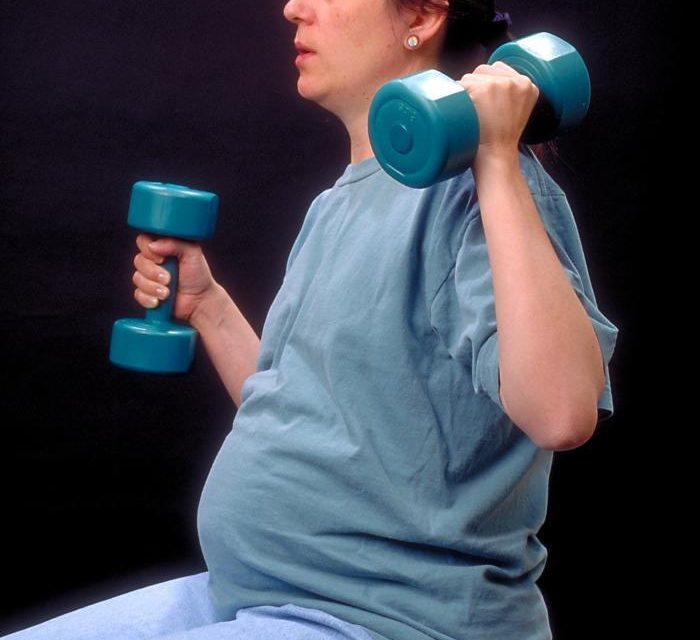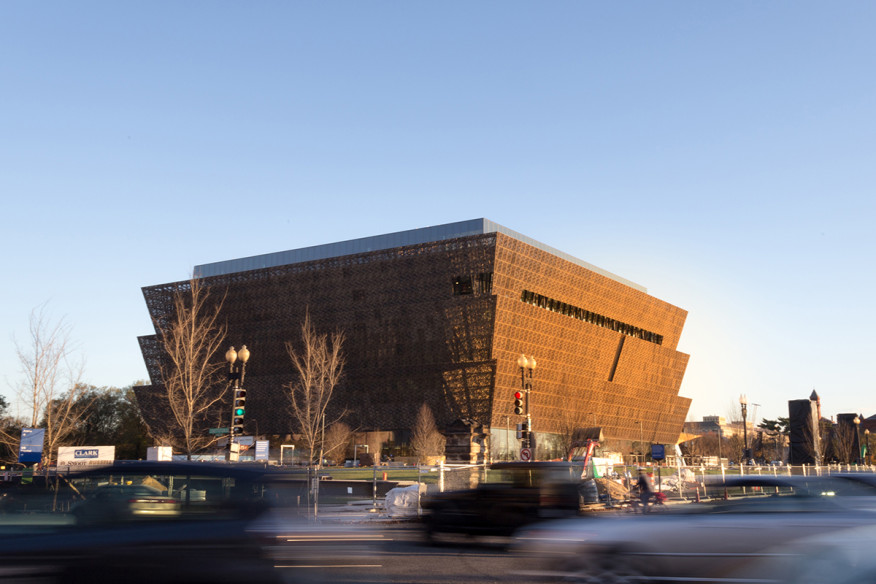Wow! You look so skinny!
Let’s be clear. I do not look skinny. I am in the third trimester of my fourth pregnancy (in five years, nonetheless). My body, which is healthy and strong, has shown the marks of pregnancy a little more markedly with each subsequent baby. I look pregnant.
My friend was trying to tell me, I think, that I looked beautiful. But I bristled at how she chose to do this, by emphasizing my skinniness. In doing so, she was inadvertently buying into cultural assumptions that equate beauty with thinness.
These are dangerous assumptions for women, and have, in part, fueled a culture of disordered eating and body image problems. The assumption that thinness and beauty are inseparable is particularly paradoxical for pregnant women. Isn’t the sign of a healthy pregnancy and a growing baby that a woman stops looking thin?
My friend’s comment shows that we lack the language to affirm the goodness and beauty of a woman’s body apart from the size and shape of that body. Because the culture is so nefarious, the church needs to be more intentional in challenging it. After all, the assumption that thinness is equated with beauty is demeaning to human dignity. It is the church’s job to fight practices that demean dignity.
A good place to start is the Imago Dei and the Incarnation. We are created in God’s image as embodied creatures. In the Incarnation, God takes on the fulness of embodied existence, affirming the goodness of the complete spectrum of embodied existence: its inherent beauty, but also its weakness, vulnerability, and fragility. The changes our bodies experience over the course of the life cycle are not flaws, but rather signs of the love that the God who takes on flesh shows for us.
But more practically, people, especially women, need to hear more from the church that our bodies are good, beautiful, amazing, and awe-inspiring. We need to create an alternate church culture that celebrates the female body in all its manifestations. We need visual reminders in the art of our church that pregnancy and breast-feeding, voluptuous bodies and postpartum sags and wrinkles are beautiful and worthy of reverence. And we need reminders about protecting the functions of our bodies: to love and receive love, to bear children into the world, to nurture and to care. We need the church to say unequivocally that a healthy female body is a good female body. Or any body for that matter.






https://www.cdc.gov/obesity/data/adult.html…
really?
while we have an epidemic on our hands?